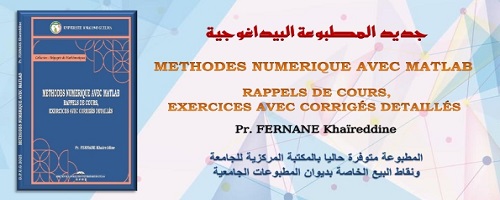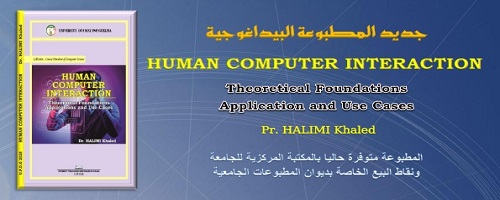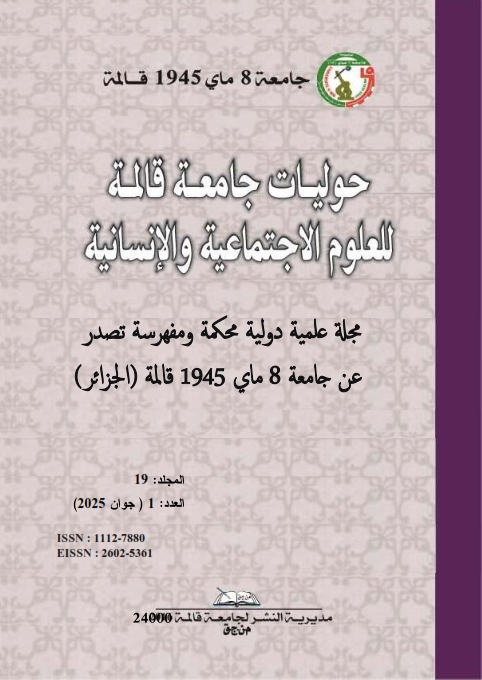الرقابة الادارية بين الوصاية الادارية و السلطة الرئاسية
العدد 13 - ديسمبر 2015
الدكتورة: شوايدية منية
قسم العلوم القانونية والإدارية
جامعة 8 ماي 1945 - قالمة
المركزية واللامركزية أسلوبان مختلفان للتنظيم الإداري، فترمي المركزية الإدارية إلى التوحيد و عدم التجزئة. وفي المجال الإداري يقصد بها توحيد النشاط الإداري أو الوظيفة الإدارية وحصرها في يد السلطات الإدارية المركزية.
بينما تهدف اللامركزية إلى توزيع الوظيفة الإدارية بين الحكومة المركزية في العاصمة وبين أشخاص الإدارة المحلية في الأقاليم التي تتمتع بالشخصية المعنوية المستقلة، مع خضوعها لرقابة وإشراف الإدارة أو الحكومة المركزية و ذلك في إطار ما يعرف بالرقابة الوصائية.
وهنا يثار التساؤل حول مفهوم كل من الرقابة الوصائية والسلطة الرئاسية خاصة أن كل منهما يشكل رقابة ذاتية تمارس داخل الإدارة العامة.؟
سنحاول من خلال هذه الدراسة توضيح ماهية الرقابة الإدارية الذاتية بنوعيها: رئاسية و وصائية، ثم التمييز بين هذين النوعين من الرقابة.
La centralisation et la décentralisation sont deux méthodes différentes, de l'organisation administrative. La centralisation est destinée à unifier l'activité administrative ou la fonction administrative et à la confiner dans les mains des autorités administratives centrales. Quant à la décentralisation elle vise à distribuer la fonction administrative entre le gouvernement central (dans la capitale), et des personnes de l'administration locale dans les régions, qui ont une entité juridique indépendante, tout en la soumettant au contrôle et à la supervision de l'administration ou du gouvernement central dans le cadre du contrôle dit de tutelle.
Cet article soulève la question des concepts à la fois du contrôle de tutelle et du pouvoir hiérarchique puisque chacun d'eux est une méthode de contrôle administratif pratiquée au sein de l'administration publique.
Nous essayerons à travers cette étude de clarifier la nature des deux types de contrôle administratif : hiérarchique et tutoriel, puis faire une distinction entre ces deux formes de contrôle.
Centralization and decentralization are two different methods, the administrative organization. Centralization is intended to unify administrative action or administrative function and to confine it to the hands of the central administrative authorities. As for decentralization it aims to distribute the administrative functions between the central government (in the capital), and people of the local administration in areas that have an independent legal entity, while subjecting it to the control and supervision the administration or the central government under the control of said supervision.
This article raises the question of the concepts of both supervisory control and hierarchical power since each of them is an administrative control method practiced in public administration.
We will try through this study to clarify the nature of the two types of administrative control: hierarchical and tutorial, then make a distinction between these two forms of control.




